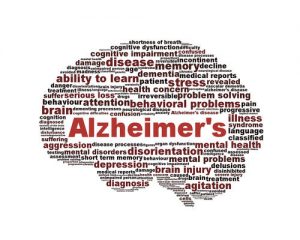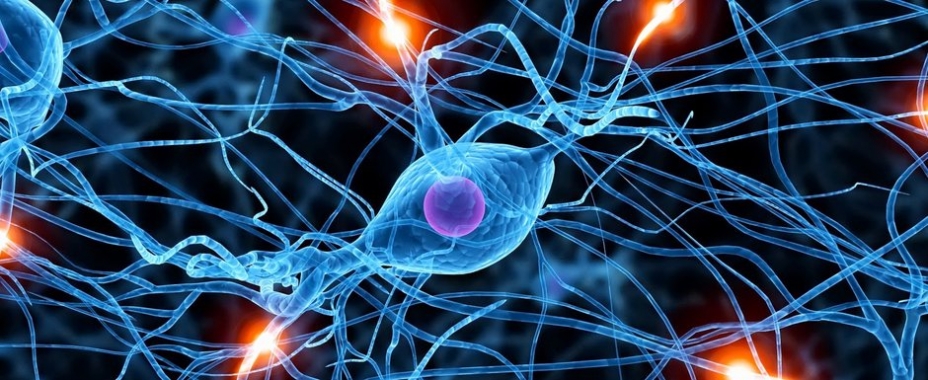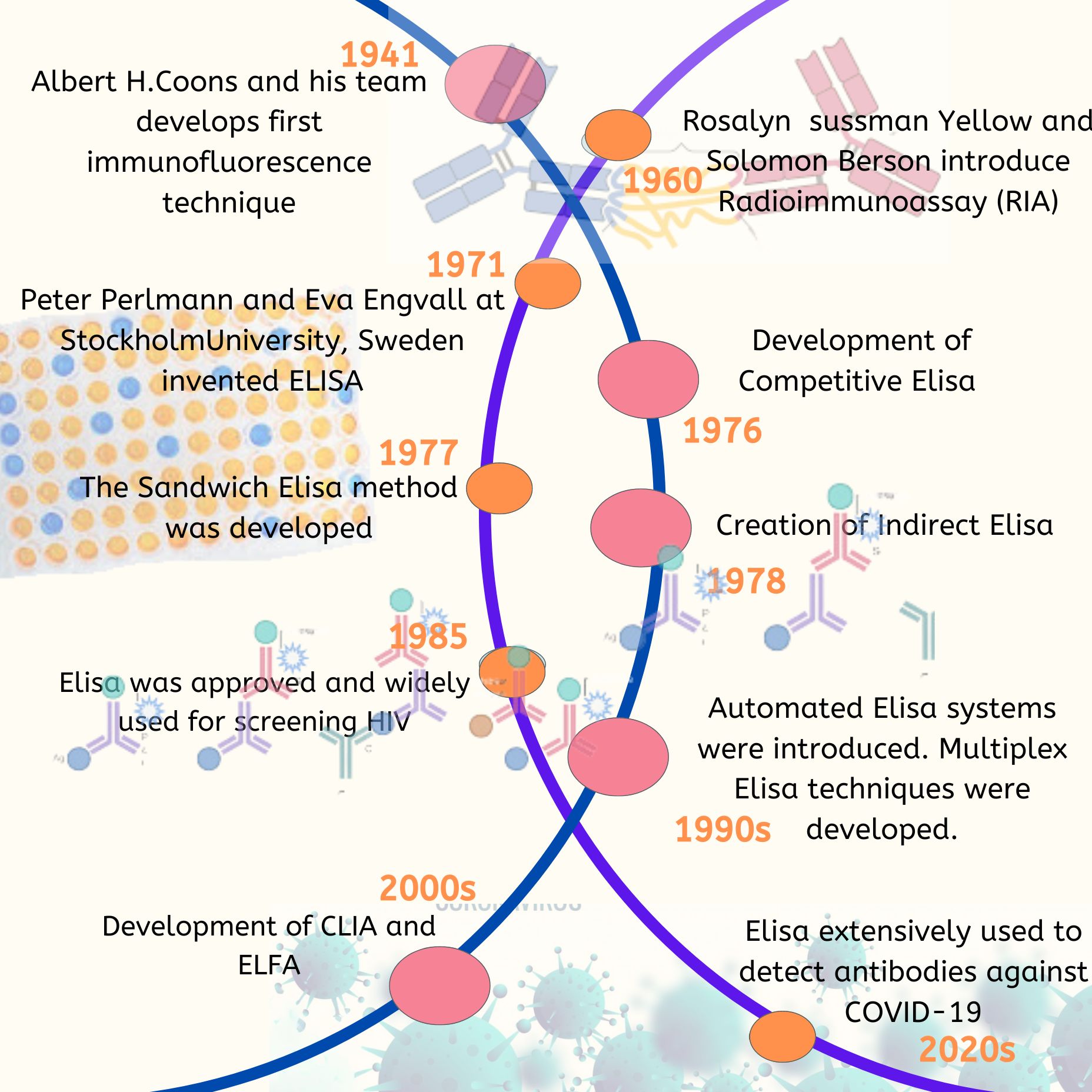Table of Contents
1. Introduction: Eli Lilly’s failure in Alzheimer’s drug discovery
2. Focus of the solanezumab drug and its failure in clinical trials
3. Pathological findings in Alzheimer’s disease and the focus on targeting amyloid buildup
4. Complexity of genes and the need to understand their functions before targeting them for therapy
5. Lack of advances in the treatment of brain disorders
6. Conclusion
Symptomatic treatments are always a big risk when it comes it dealing with brain
The year 2016 clearly did not end well for Eli Lilly, pharma major headquartered in Indianapolis. The reason, as some of you might already know, the failure of solanezumab in large-scale clinical trials. The drug was perceived as a promise for almost a decade for treating Alzheimer’s.
The focus of the drug was to delay slowing of symptoms in patients afflicted with Alzheimer’s. To express it in tangible/monetary terms, the failure also means $1 billion into thin air. However, Eli Lilly is not the first company to taste failure in Alzheimer’s drug discovery front.
Disappointments aside, what’s going wrong in drug discovery front for Alzheimer’s?
The new pathological findings indicate that Alzheimer’s damage brain cells years before symptoms emerge. Pharma companies are mostly focused on targeting amyloid buildup. There are series of drugs on the way developed by different pharma companies trying the same as solanezumab.
The only hope for the upcoming drug candidates is the difference in the mechanism to achieve the same objective.
Thomas C. Südhof, professor of neurosurgery, psychiatry, neurology, and molecular and cellular physiology at Stanford University (Nobel Prize Winner in Medicine) observations about pharma companies are as follows: the pharmaceutical majors are known to invest in promising drug candidates, not on solving mysteries surrounding a disease.
He insists on the importance of understanding the fundamental nature of a disease or a medical condition before channelizing drug discovery efforts. This requires efforts and investments in disease biology or basic sciences. In this case, he says, it is still a mystery on why memory is lost due to Alzheimer’s disease.
Very few genes carry out single functions and the complexity stems from the rest which is multitasking and participates in intricate networks. It is of paramount importance that the functions of these genes needs to be understood before genes can be targeted for therapy.
The professor adds in his Washington Post Opinion that no major advances have been made in the treatment of brain disorders for the past 50 years primarily due to lack of efforts in the field of brain chemistry.
I sincerely hope his words are heard for a better world.




